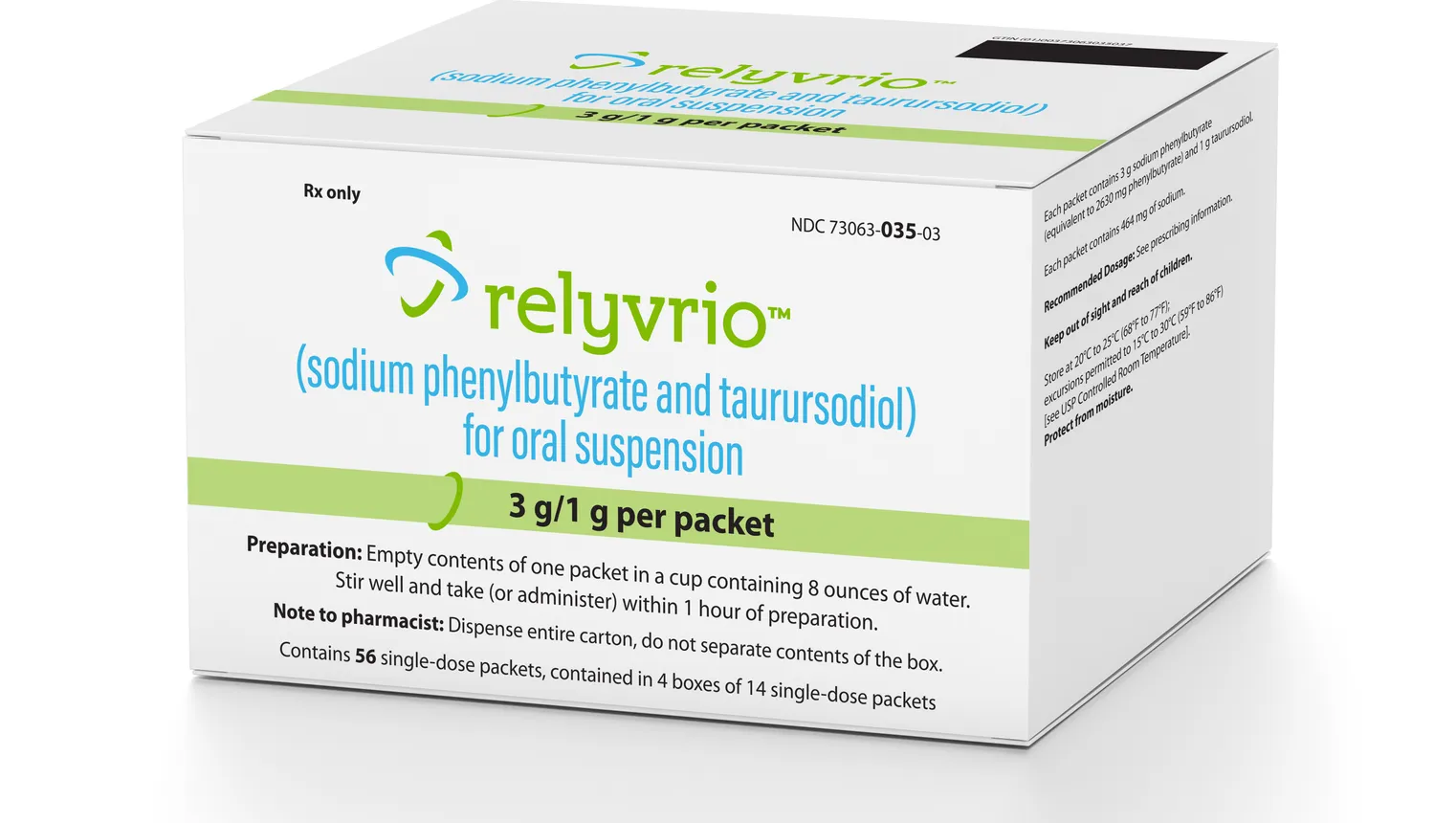A late-stage trial failure for Amylyx Pharmaceuticals’ combo treatment Relyvrio dealt a devastating blow to the ALS community last week, leaving many wondering when a real game changer will come to market for good.
The drug’s development was already a roller coaster ride. After a 137-person phase 2 trial suggested Relyvrio slowed disease progression — post hoc analysis revealed a median overall survival rate 10.4 months longer than the control group — Amylyx gunned for an approval in 2022. The FDA indicated it wanted results from a larger late-stage trial first and an adcomm narrowly voted against approval, citing efficacy concerns. But with pressure from patient advocacy groups to meet the unmet need, the agency ultimately approved the drug after being reassured by Amylyx co-CEO Justin Klee the company would consider pulling Relyvrio from the market if it failed a phase 3.
Expressing “surprise” and “disappointment” at the latest results, which showed that Relyvrio performed no better than a placebo against its primary and secondary endpoints, Amylyx’s co-CEOs said they will take the next few months to determine Relyvrio’s fate.
With hopes now dashed that Relyvrio delivered a true breakthrough for ALS — a fatal condition with no other disease-modifying treatments on the market — more eyes will now turn to the next hopefuls coming down the pipes.
Signs of hope
In a recent report from STAT News, some patients expressed fears that Relyvrio’s failure could dissuade drug developers from tackling ALS. But Fred Grossman, president and chief medical officer at Coya Therapeutics, said the results won’t deter his company from marching forward with its lead ALS candidate.
“I don’t think a single failed trial will stop any company from pursuing more studies for ALS,” Grossman said.

Building on momentum partly kickstarted by the viral “ice bucket challenge” that poured millions into ALS drug development in 2014, along with pharma’s growing R&D focus on neurodegenerative diseases, the pipeline for ALS has swelled to include more than 100 players, according to an analysis by DelveInsight Business Research released last year.
In a statement published after Relyvrio’s trial failure, ALS Association reassured that “there are more than 50 potential treatments in the clinical stage of development, including more than a dozen in phase 3.”
If successful, some of these candidates could provide a first-in-class approach to ALS.
Coya’s lead therapy, COYA 302, leverages a proprietary combination of two biologics and was developed to enhance the function of regulatory T cells (Tregs), which are linked to inflammation.
“Inflammation plays a critical role in neurodegeneration,” Grossman said. “Treg dysfunction can lead to neuronal death … and by focusing on [Tregs] we are able to affect multiple downstream activities in the brain and reduce inflammation.”
In an early study of four ALS patients, none of the participants experienced disease progression — measured by the ALS Functional Rating Scale — after six months. Coya is now preparing to submit an IND to the FDA for a larger mid-stage study it hopes to launch this year.
“There are very few treatments for this terrible disease and a need for more research because of this ongoing, significant unmet need."

Fred Grossman
Chief medical officer, president, Coya Therapeutics
Although researchers haven’t determined the exact physiopathology of ALS, the disease’s complexity is clear and Coya is not the only drugmaker developing a combo approach.
NeuroSense Therapeutics reported positive safety and efficacy data from a phase 2b in December for its combination drug, PrimeC. The company is now planning to discuss an accelerated approval with the FDA while designing a phase 3 with its partner Biogen.
And Seelos Therapeutics is expecting news in the first quarter of this year about a pivotal late-stage trial for its ALS candidate, SLS-005. Made from a sugar molecule called trehalose, SLS-005 cleared toxic levels of proteins associated with nerve death in earlier ALS studies. The goal in its ongoing phase 2/3 trial is to prove the drug slows disease progression and hits secondary goals like improving muscle strength.
Ongoing clinical troubles
While those candidates bring hope to the space, the ALS pipeline has also been rocked by a string of setbacks.
France-based AB Science’s lead candidate, a tyrosine kinase inhibitor called masitinib, targets cells in the immune system that can trigger inflammation. After positive results from a mid-stage trial, masitinib has been in an ongoing phase 3 as an add-on treatment to Rilutek, one of the few approved drugs for ALS, while under approval review in the EU and Canada.
But although a group of researchers heralded masitinib as a “promising new actor” in the “next season” of ALS treatments, Health Canada has rejected AB Science’s application for approval multiple times. Most recently in February, the agency took issue with changes to a study’s protocol and potentially missing data that could have skewed the results. The EMA, meanwhile, has delayed its decision on masitinib until later this year.
Multiple other late-stage candidates have flopped in the clinic in recent years.
In 2022, Biohaven reported its investigational drug verdiperstat failed to best a placebo on primary and secondary endpoints in a mid-stage ALS trial.
Last April, Cytokinetics stopped a phase 3 study testing its investigational ALS therapy reldesemtiv after it missed key endpoints.
Clene Nanomedicine reported in December that the FDA rejected an accelerated approval application for its mid-stage ALS candidate CNM-Au8 due to insufficient data that it reduced a key biomarker — even though the company reported positive survival data for the candidate a few months earlier.
And Prelenia Therapeutics’ ALS drug pridopidine also missed the mark on multiple endpoints in a phase 2 last year. But the company announced in January that it’s marching into a late-stage trial anyway after later analysis showed the drug extended survival for 57% of patients in an earlier phase of the disease.
The biomarker blitz
With each new clinical failure comes renewed lessons for the industry, and Grossman said Coya is thinking carefully about how it’s going to set its trial up for success. Specifically, the company plans to enroll a more homogeneous population who haven’t passed a point where an intervention is less likely to help.
“With more severe patients, so much neuronal death has occurred that it’s hard to have a meaningful outcome,” he explained.
Like several other companies in the ALS space, Coya is also zeroing in on biomarkers that could be linked to disease progression. Earlier this week, the company announced plans to present data on a biomarker called 4-HNE it believes could be linked to ALS progression and survival. In trials of COYA 302, the company observed that 4-HNE was reduced after treatment. Coya has filed patent applications for the use of 4-HNE and hopes to validate the biomarker further in its upcoming phase 2.
When asked how the news of the recent Amylyx failure could impact the industry’s community of ALS drug developers, Grossman said it reinforces the sense of urgency to deliver drugs that finally turn the tide.
“There are very few treatments for this terrible disease and a need for more research because of this ongoing, significant unmet need,” he said.




















